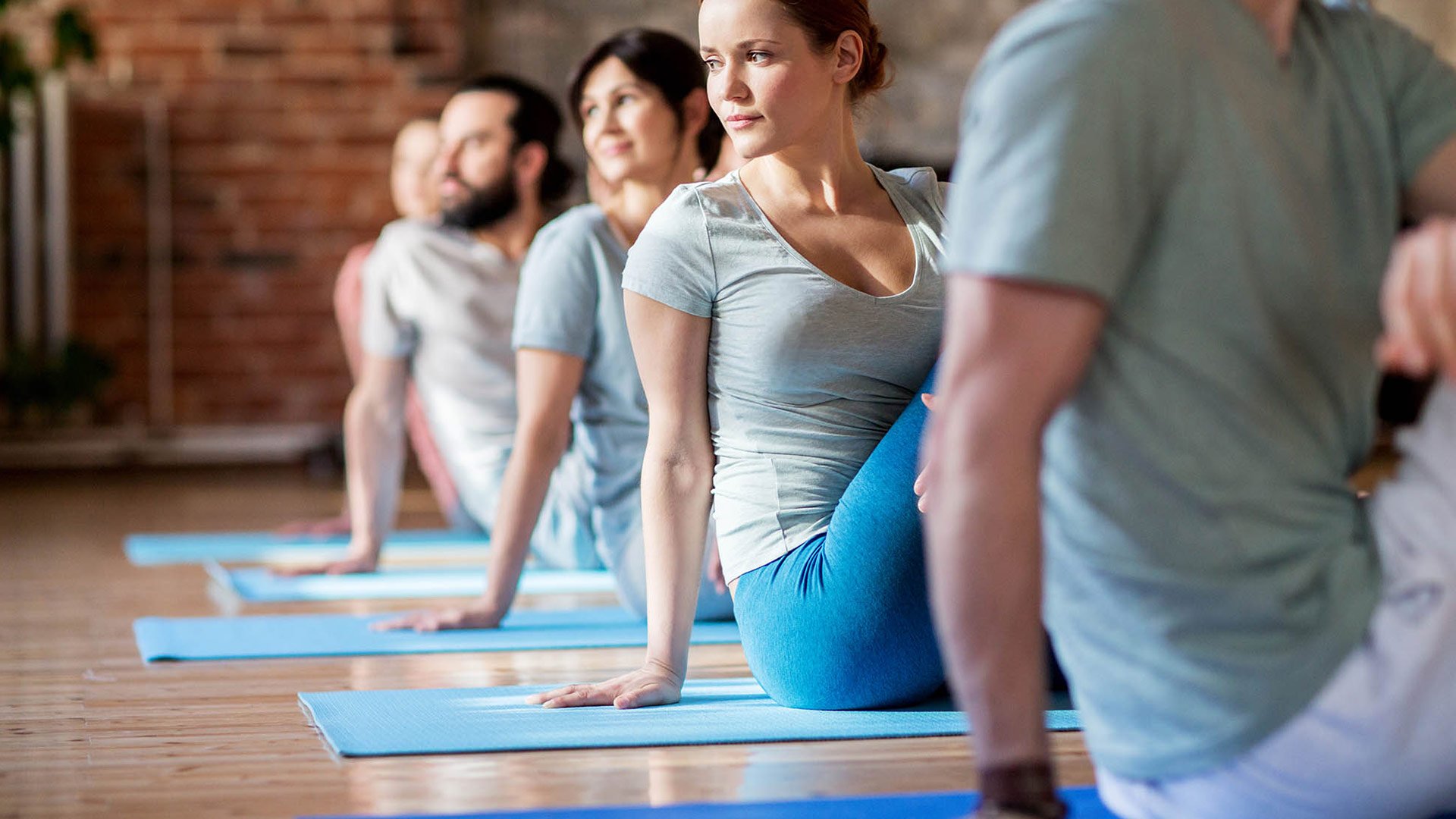
How can I get a better night’s sleep?
Everyone knows how they feel if they haven’t had a good night’s sleep. Tired, lethargic, stressed, depressed, unable to think straight, but the long term effects on your body are very real. Evidence suggests that a poor sleep routine can lead to obesity, premature aging, diabetes, hypertension, immune deficiencies to name a few. The benefits of a good sleep pattern cannot be overstated, leading to better health, improved brain function and enhanced exercise performance. Read on to learn some tips on how to get that good night’s sleep.
Before bed
Maintaining routine is vital for a good nights sleep. Start by writing a to-do list for the next day. This will help you to organise your thoughts and clear your mind. Spend a little time doing a few Pilates stretches as this will help you to relax your body. Try following this with a warm bath (not hot) which helps your body to reach a temperature ideal for rest. Spend 30 minutes before bed winding down. Read a book, listen to some relaxing music or spend some quality time with your loved ones.
Environment
Your bedroom needs to be the right temperature, uncluttered, dark and quiet. Ideally, there should be no television, no mobile phone or electronic gadgets at least an hour before bed time. The blue light from these screens fools your body clock into thinking it is day time. You should invest in a comfortable mattress and pillows that support your head and neck and possibly even a black out blind or even ear plugs and eye mask. Your bedroom should be a peaceful haven that you associate with calm, relaxation and sleep.
Sleep
It is important to have a regular sleep pattern. This programmes the brain and internal body clock to adapt to a regular routine. Most people need between 7 to 9 hours of sleep a day. So if you work out when you need to get up in the morning, you will know the best time to go to bed. This should be maintained 7 days a week. You cannot ‘bank sleep’ at the weekend hoping to make up for the lost sleep during the week. Have a notebook and pencil beside your bed so that if you wake up with something on your mind, you can write it down and deal with it in the morning.
Sleep diary
Keep a sleep diary. It may bring to light something in your lifestyle or daily activities that are contributing to your poor sleep. Although research shows that power naps do not affect the quality of your sleep, they should only be for 15-20 minutes. Longer periods should be discouraged as there is a direct link with poor sleep and longer naps. If your diary reveals many incidents of insomnia it’s best to seek help from a health professional.
During the day
What you do during the day also has an impact on your sleep. Exercise during the day is beneficial to a good night’s sleep but not too near bed time. It has a stimulating effect which increases alertness and produces hormones like adrenalin. So, although your body may be tired, and you may feel exhausted, your mind is racing.
Spending time outside in the daylight is also beneficial for good sleep as it keeps your body clock in the right time zone. Try not to have your evening meal too late and reduce your caffeine drinks during the day, and definitely no caffeine based drinks before bed. Caffeine can stay in your blood system for about 6-8 hours so this is especially important for people sensitive to caffeine. Do not drink anything 1-2 hours before bed as this leads to nocturia meaning frequent visits to the toilet during the night.
Alcohol is known to have a negative and disruptive effect on your sleep. It alters your sleep cycles and reduces REM (rapid eye movement). This is the important part of your sleep cycle, the deep restorative kind of sleep. Alcohol acts as a diuretic which means more night time trips to the toilet. It also dehydrates the body which impacts on your body’s ability to get a good night’s rest. It causes snoring, sleep apnea and although people think it relieves stress it actually causes increased anxiety also affecting your sleep.
Conclusion
Experts say some indicators of good sleep are if we fall asleep within 30 minutes of going to bed, or waking up for less than 5 minutes once a night. However, we all know when we have had a good night’s sleep, when we wake up feeling fresh, alert and optimistic about facing the day ahead.
Remember that during good sleep our bodies carry out many biological activites, from storing information gathered throughout the day or repairing and restoring vital cells and hormones. Some other benefits include improving memory, reducing blood pressure, improving your mood, reducing stress, helping fight injury and illness and helps maintain a healthy weight.
Finally, improving your sleep is one of the most important things you can do for your health and well-being.
To receive more advice and tips on how to improve your well-being, please subscribe to our weekly newsletter below.



